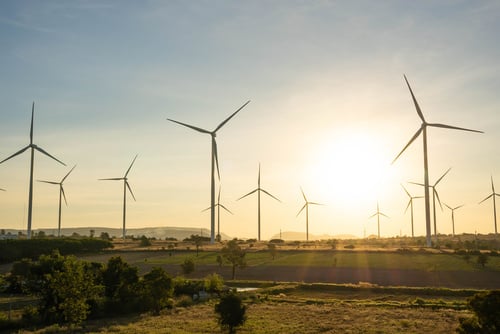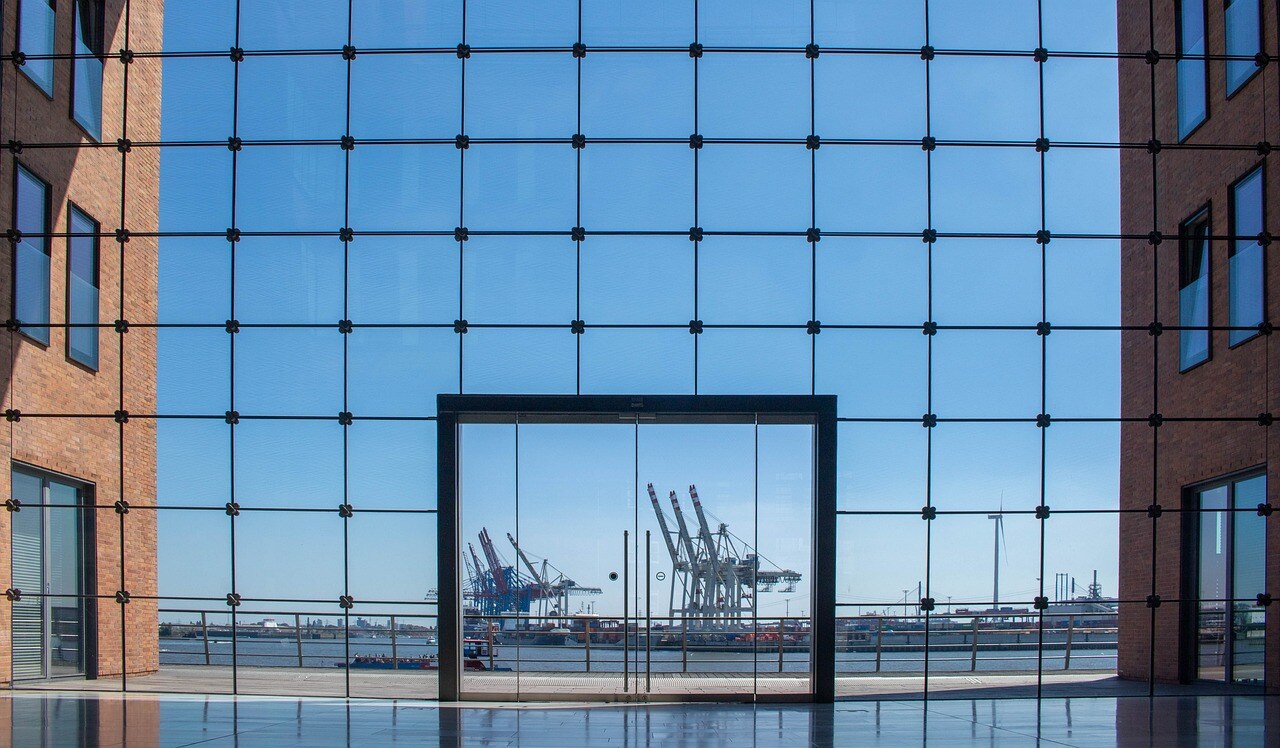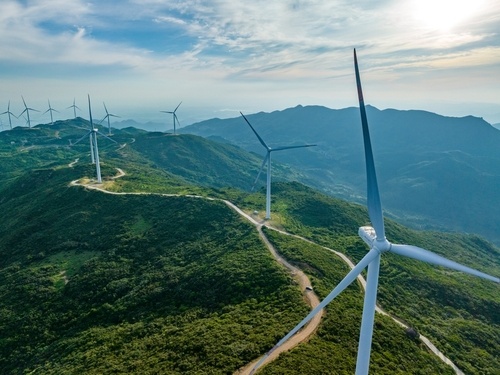How much have energy prices risen?
Here in the UK, wholesale gas prices also influence the price of electricity - as we’re still very dependent on natural gas right across our energy system. In fact, around half of our electricity generation still comes from gas-fuelled power stations.
Since January 2021, the price of wholesale gas has risen by 250% - to the highest it’s been for 15 years. This has created price increases for business energy customers, who were paying around 147% more by the end of 2021. By April 2022, fully delivered business gas prices averaged around 8p/kWh.
Wholesale electricity prices therefore also rose - to the highest they’ve been since 1990 - meaning that by April 2022, business power costs averaged around 28-30p/kWh.
Why did wholesale energy prices rise so much?
Since the all-time lows of 2020, unprecedented energy price rises have been caused by a perfect storm of different factors — some expected, some less so — which have combined to have a significant impact on the market.
- Demand for gas rose as countries emerged from Covid lockdown.
- Winter 2020/21 was an especially cold one in Europe which added to the demand for gas.
- Increased demand from Asia saw less Liquified Natural Gas (LNG) coming to Europe from exporters like Qatar.
- Dwindling North Sea gas reserves have meant our reliance on imports has increased.
- Less renewable electricity has been generated thanks to low winds, again increasing demand for gas.
- The government’s pledge to end unabated coal production by 2024 means there is even more need for gas to fuel power stations. Only 1.8% of UK power was generated by coal in 2020, although that rose slightly to 2.4% in 2021. There are contingency plans to keep the UK’s three remaining coal-powered stations, due to close in 2022, open longer to ease the energy crisis.
The impact of the war in Ukraine
The Russian invasion of Ukraine has had a major impact on the wholesale price of gas. Russia is the world’s largest exporter of gas, about half of which goes to Europe.
Volatility is built into the price of gas while the war continues, with some sources reporting that Russia is restricting energy supply to punish dependent countries for sanctions.
The UK itself is not directly reliant on Russian gas —only about 4% of our gas comes from Russia — but many EU countries are, specifically Germany; which gets 32% of its gas from Russia. However, Britain does import almost half of its gas from Europe, so the impact of the war on the UK is significant.
The EU is taking steps to resolve this, with a Green Energy Plan that aims to phase out the use of Russian fossil fuels and end reliance on Russia within the decade. Increasing the use of Liquefied Natural Gas (LNG) in the short term and deploying renewable energy faster are steps that both the UK and EU can take to decrease their exposure to future energy price risks.
Will wholesale energy prices fall soon?
While it’s impossible to predict every eventuality, energy market signals suggest that wholesale price volatility could be around for some time yet. While many forecasters expected the market to stabilise in early 2023, the energy crisis is now expected to continue for a further 12 months at least.
Although day-ahead prices for gas and electricity have seen some short-lived drops, rolling average prices support suggestions of an expensive winter ahead for business energy users. In fact, financial services provider Goldman Sachs has predicted that wholesale global energy prices may remain at twice their usual levels for the next two to three years.
What action can medium sized businesses take?
When it comes to reducing the impact of rising wholesale costs on your business, there’s no silver bullet solution. There are, however, several actions every medium sized business can take to control costs and reduce risk. Key among them are:
- Check you are on the right energy contract - Does your contract balance long and short term priorities and provide cost-saving opportunities on non-commodity costs? Are you paying more than you should because your contract has rolled over onto a default tariff? It might be time to take a fresh look at your contract options and get a new business energy quote.
You may also be eligible for a flexible, fully managed energy contract, through Tridents innovative Frameworks product. Find out how you can boost your purchasing power and access the same prices and terms as large corporations by talking to our team today.
- Take a joined up approach to energy - Many future-facing medium sized businesses are already taking a more holistic approach to energy management. By aligning your energy strategy with broader business objectives, considering the benefits of renewable energy, revisiting energy efficiency and considering your off-grid options, you could reduce costs and build resilience for your business.
Want to find out more?
Our new guide explores these actions and more, to help medium sized businesses navigate the challenging energy marketplace and protect their business and their budget.
Download Your essential guide to buying energy when prices are volatile: How medium-sized businesses can reduce costs and risk
Talk to us - We know it’s a difficult time for medium sized businesses. When you become a Trident customer, you can rest assured that you’ll always get clear and honest advice from our energy experts. From budget-conscious energy buying through to efficiency and carbon reduction, we’ve got you.








